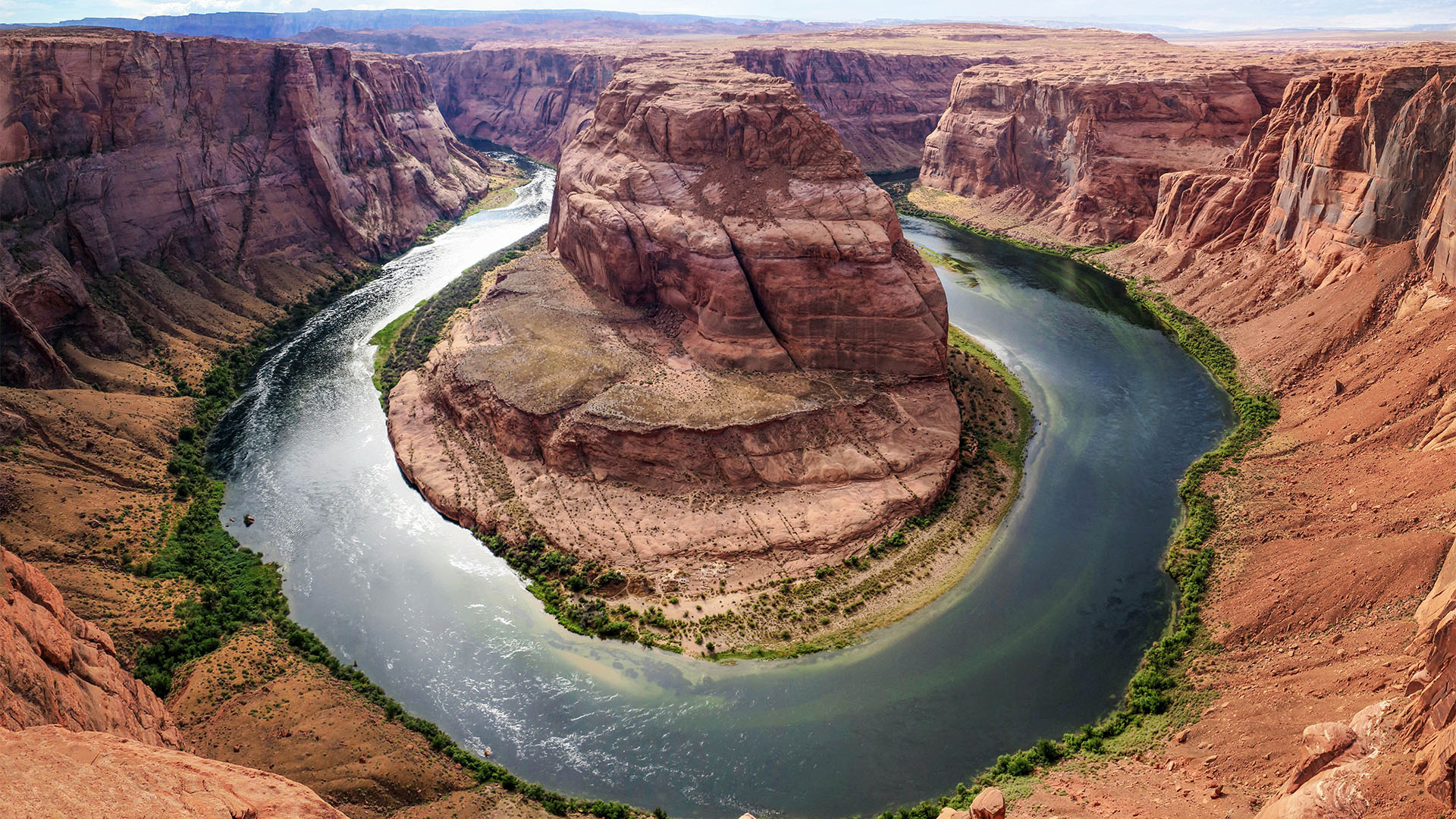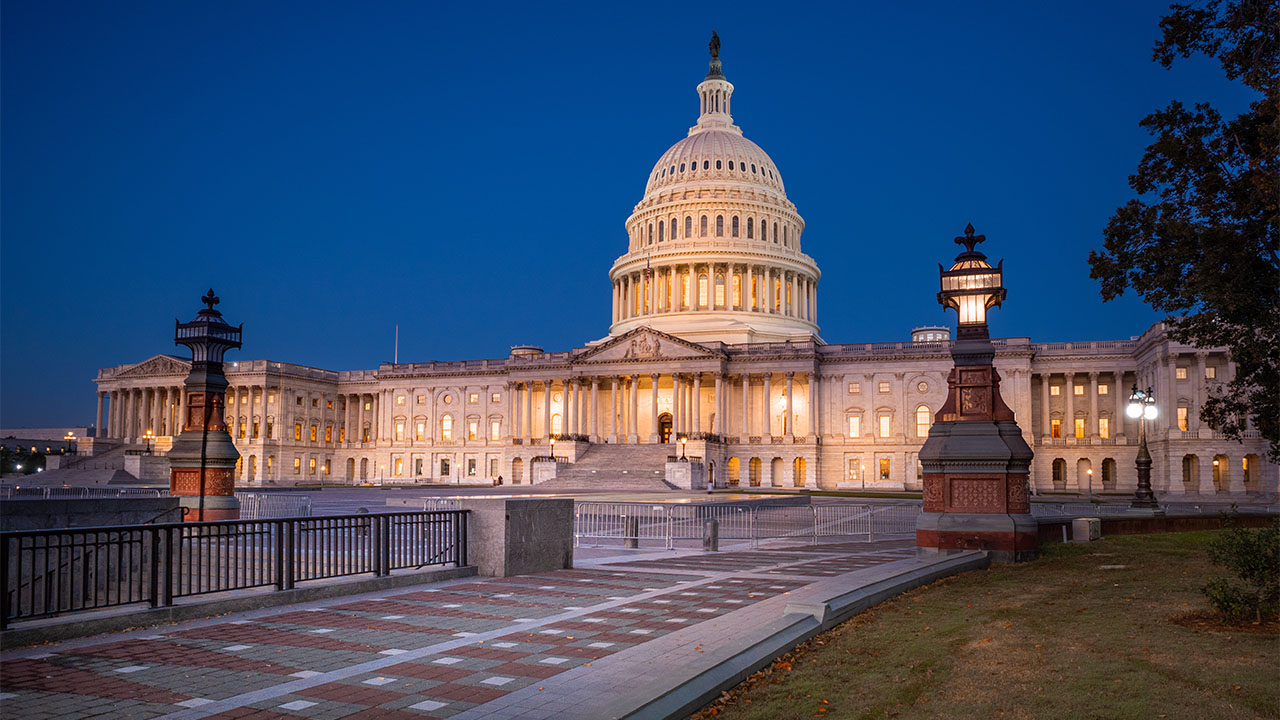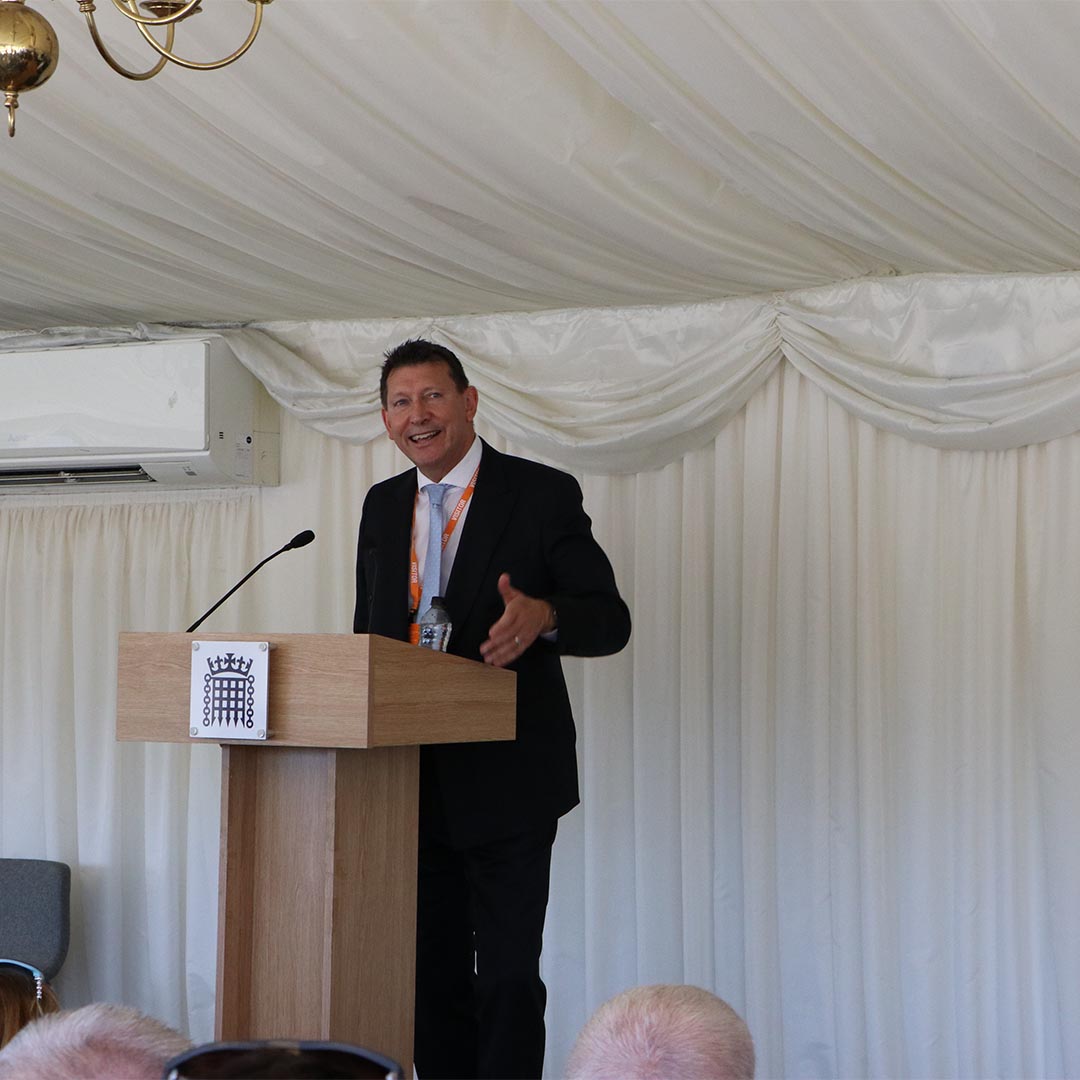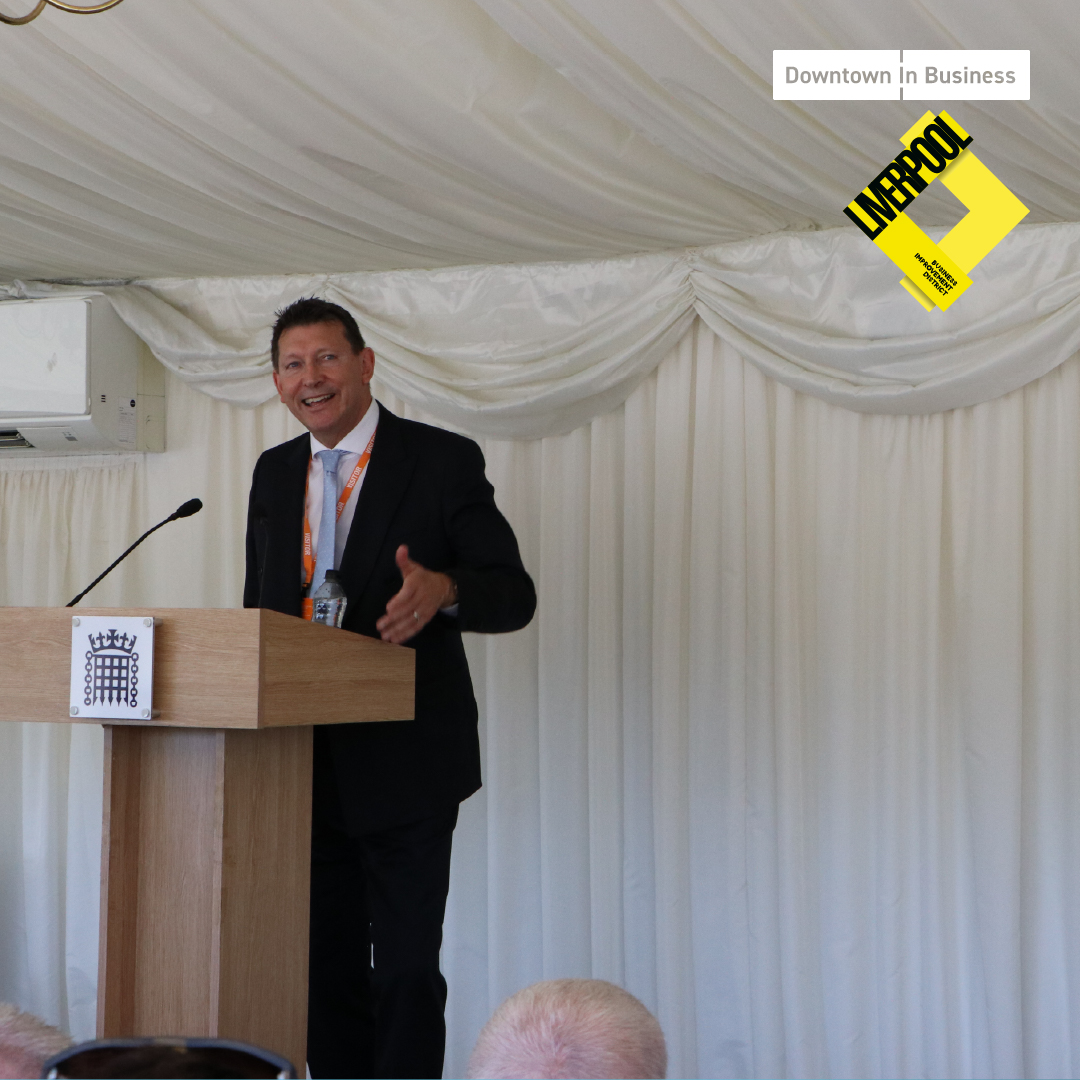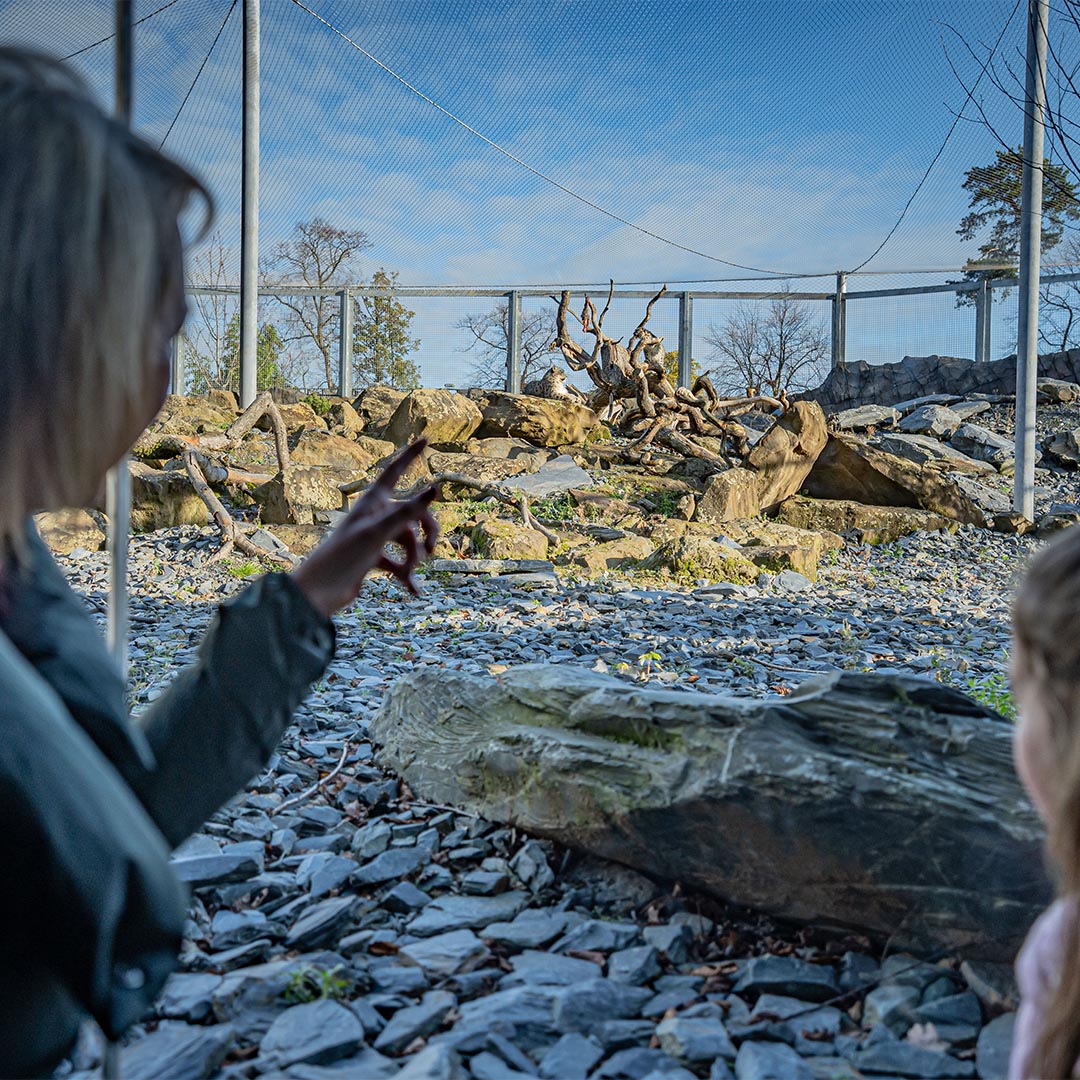Since the earliest days of this great nation, communities have feuded over natural resources.
Access to and ownership of strategic high ground, sheltered harbours, mineral wealth and prime farmland have all seen once friendly folk come to blows.
This week, in modern America, those battles exploded back into life again.
But instead of lines of cavalry, marauding militia and sieges and blockades – the battleground of this 21st century American conflict is – of course – the courtroom.
Historians will tell you that navigable rivers are the framework on which most nations were built, allowing goods to be moved and traded. At the mouths of rivers is where key cities are still located – Chicago, Los Angeles, New York, New Orleans here in the U.S., London, Liverpool and Glasgow in the UK – home not just to mercantile and commercial innovation but the diverse social and multi-cultural life it encourages.
But these modern wars are not about the utility of the rivers, they are about the dwindling levels of water which course through them.
A 30-year dispute between the states of Georgia, Alabama and Florida has finally worked its way to the Supreme Court this week. The crux of the problem is the huge dam which creates Lake Lanier in northern Georgia and produces electricity and provides potable water to the giant city of Atlanta. But further down the Flint-Chattahoochee-Apalachicola river basin the former torrent of water has now become a trickle and South Georgia and Alabama’s farmers have been impacted. Where the river tips out in Northwest Florida, the lack of nutrient rich water has meant the areas vital oyster farming business has had to close entirely until 2025.
Out on the west coast, where a 2 decade-long drought and lowest snowfalls ever recorded have left the land parched – the Colarado River – whose tumbling white waters have through millennia of erosion created the Grand Canyon – is the latest to feature in this epic rural versus urban, farm versus factory dispute.
Scientists this week declared the water levels in the Colorado are 20% lower than in 2000 and will halve again by 2040. That is catastrophic news for cattle ranchers and farmers who consume about 70% of the river’s water under a hundred-year agreement set in 1922 which is shortly due to expire.
It is also bad news for the more than 40 million people across seven states, 29 tribal nations and Mexico who are heavily dependent on that water. In the desert hotspot of Las Vegas, 90% of its water supply comes from the river. In Phoenix and Denver 50%, and Los Angeles gets 25% of its water from the Colorado River.
These watery legal disputes are the nexus of a number of challenges America – and others – must address. And although, like many things, they are perhaps played out on a bigger scale here in the U.S., they will sound familiar to those back in the UK, especially in the northern and midland cities where Downtown does business.
Decades of under-investment in infrastructure have led to power grids which fail, rail systems that won’t run, drains and dams which leak. Only roads seem to have enjoyed endless funding.
Despite serious scientific warnings, the nation continues with its dithering ‘wait and see’ approach to the climate emergency and changing weather patterns. Blimey, Al Gore – remember him – ran for President on a climate change ticket in 2000, so it isn’t exactly new news.
And as rural migration and urban flight converge, a blind eye has been turned to the development of sprawling suburbs laid on millions of miles of tarmac and hard surfaces, creating a landscape thirsty for unsustainable manicured lawns, parks and golf courses. Water consumption is unchecked in modern America – fun fact – the average U.S. new build home has more bathrooms than bedrooms.
As ever, we end A Week in America with a glimpse at how the UK is making waves this side of the pond.
Top story this week has been the UK’s successful COVID vaccine rollout and the reduction in new cases reported. Much discussion has focused on AstraZeneca’s strife but less about the risk of clots, more the bewilderment that UK vaccine recipients don’t have a choice of which brand of vaccine they receive – perhaps nicely illustrating the difference between a national health service with the market-led product and provider system we have here.
But the most shocking news among my fellow sunshine state residents is the revelation that despite the former occupant of the White House having previously laid the blame at China’s door, it is in fact the UK strain of the virus which is most virulent here in the US, prompting calls for our theme-parks and our incomparable beaches to be a Brit-free zone this Summer.
Perish the thought!


